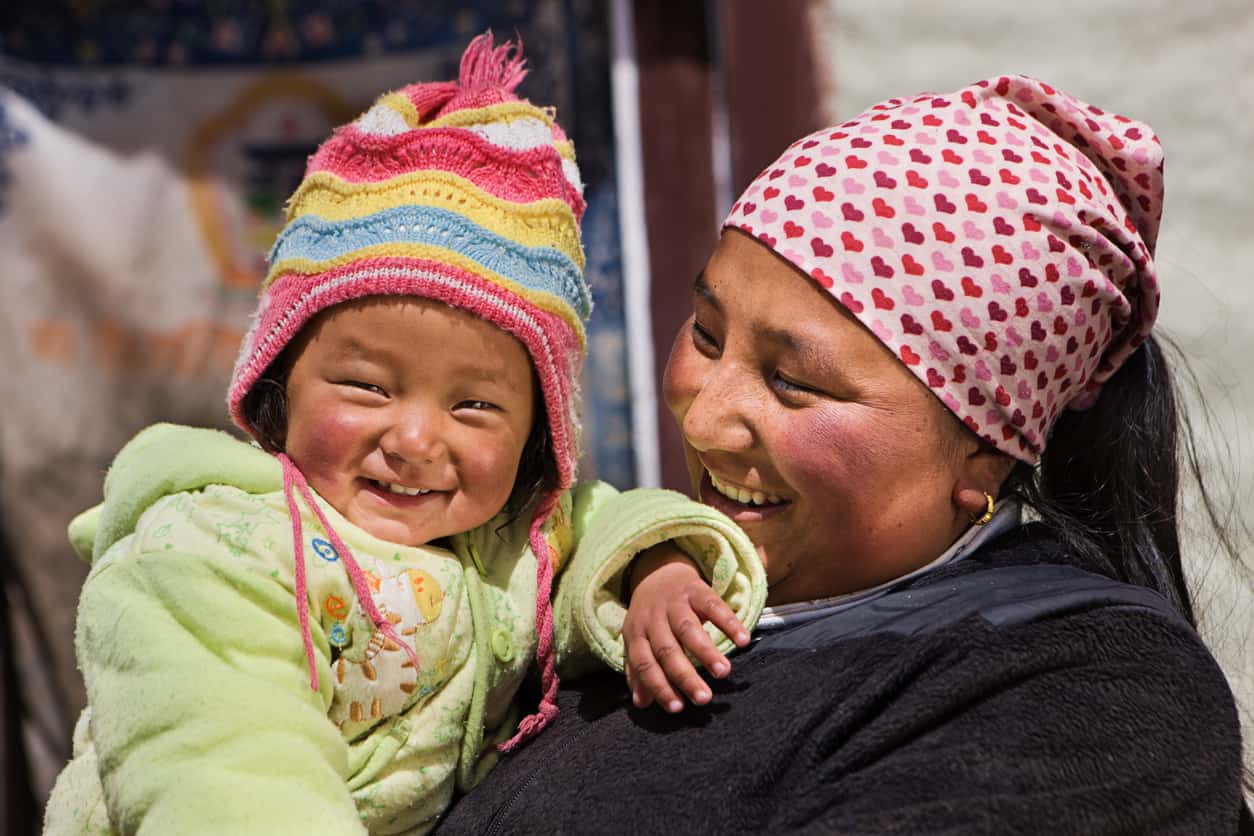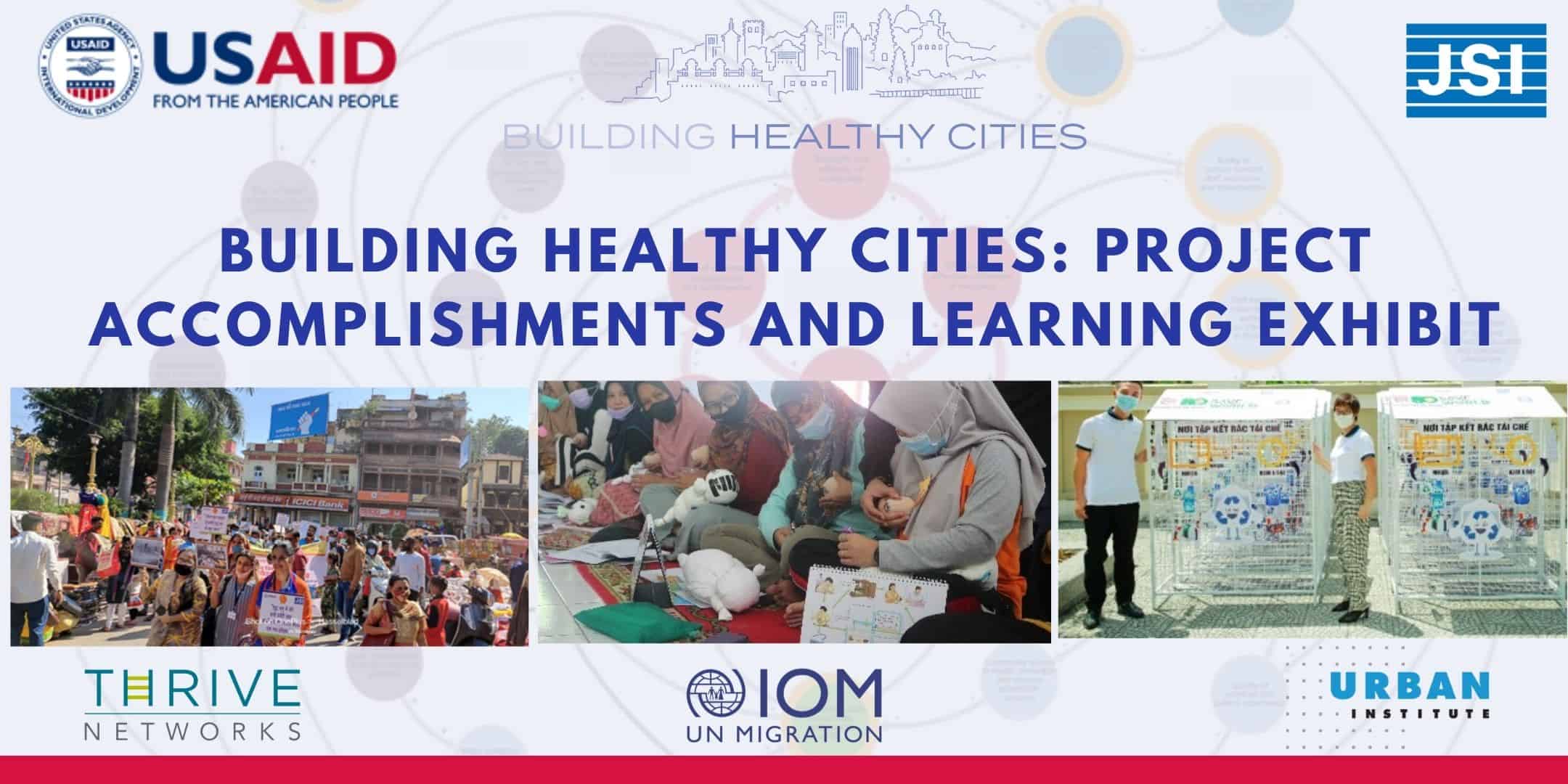JSI is strengthening Nepal’s health system to increase access to lifesaving services and commodities that improve the health and nutrition of women, adolescents, children, and communities.
For 40 years, JSI has collaborated with the government and local and international partners to strengthen health policies and build leadership and management capacity to improve service delivery, increase access to health commodities, find new approaches to community-based care, and increase community participation. There are many approaches to designing and implementing community health service delivery systems to achieve universal health coverage, and in particular to reach the most vulnerable populations. JSI partnered with the government to develop the women-led community health worker system across Nepal.
Our partnership has led to stronger systems, policies, and funding that have increased access to quality maternal and child health services, family planning, and nutrition services and commodities. JSI’s systems strengthening work under the USAID SPRING Nutrition project led to changes in the most recent multi-sector nutrition policy and provided practical recommendations on how to effectively budget for nutrition at the national and district levels. In 2020, the USAID Building Healthy Cities project began its support for the rollout and operationalization of the Kathmandu Valley Air Quality Action Plan, with a focus on multi-sector engagement, data driven learning and increasing community participation.
After the devastating 2015 earthquake, JSI collaborated with groups working on education, WASH, and nutrition to provide immediate disaster relief for disadvantaged communities, homeless families, and remote villages.
Read the USAID photo essay, Nepal’s Navel Glazers, about our work introducing chlorhexidine for newborn cord care.
Watch the SPRING Nutrition video, Districts Address Anemia with DATA.





